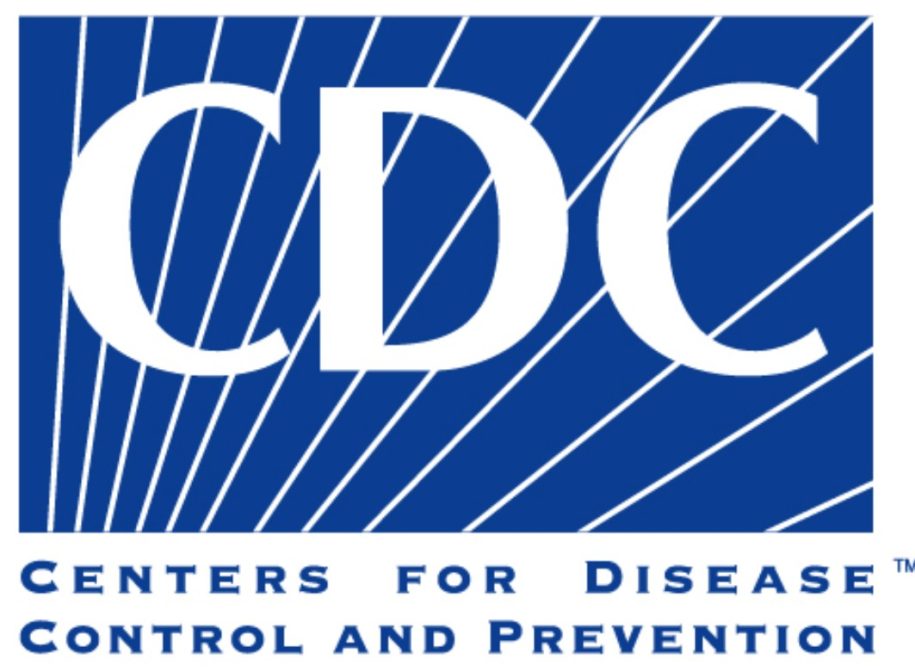What are adverse childhood experiences?
Adverse childhood experiences (ACEs) are potentially traumatic events that occur in childhood (0–17 years) including experiencing violence, abuse, or neglect; witnessing violence in the home or community; or having a family member attempt or die by suicide. Aspects of a child’s environment that undermine their sense of safety, stability, and bonding can also be ACEs.
What is the burden of ACEs among people who identify as LGBTQ+?
People who identify as LGBTQ+ are more likely to experience many different types of ACEs, including child abuse, neglect, and other household challenges, compared to people who identify as heterosexual and whose gender matches sex at birth.
Young people who identify as LGBTQ+, or who have same-sex sexual contacts, are also more likely to experience other childhood adversities such as:
- Bullying
- Sexual violence
- Teen dating violence
- Witnessing violence in their community
- Unstable housing or homelessness
- Food insecurity
ACEs can change the way children’s brains and bodies develop and function,1 contributing to increased risk of poor mental health, substance use, suicidal behaviors, chronic diseases, and other poor health and well-being outcomes into adulthood.2,3 Research shows that experiencing discrimination, including discrimination due to identifying or being perceived as LGBTQ+ (lesbian, gay, bisexual, transgender, or queer/questioning), is an ACE.
What do we know about ACEs and sexual or gender discrimination?
Interpersonal, or individual, discrimination is defined as being treated with less courtesy or respect than other people, receiving poorer service than other people at restaurants or stores, or being threatened or harassed.
Young people may experience interpersonal discrimination due to their actual or perceived sexual or gender identity, and other identities they hold that are socially marginalized (such as race, ethnicity, religion, disability, or other identities). Examples of LGBTQ+ discrimination include experiencing homophobic or transphobic bullying and parental rejection due to identity.
- Interpersonal discrimination is often the result of and reinforces structural forms of discrimination, which refer to policies and systems that limit opportunities, resources, and well-being.
- Preventing interpersonal discrimination in childhood, and among the adults they become, is a critical component of a public health approach to improve health.

